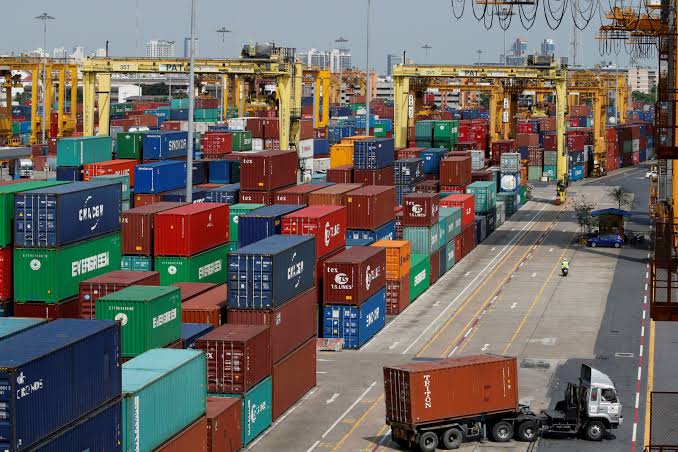When Indian Prime Minister Narendra Modi travels to Washington to meet President Donald Trump later this week, the encounter is expected to include warm embraces and shared moments of humor. However, their meeting will encompass more than just pleasantries.
Over the years, Trump and Modi have cultivated a robust personal relationship, characterized by prominent meetings and collaborative appearances.
Since their initial meeting in Washington in 2017, their connection has deepened through various events, including significant rallies in Houston and Ahmedabad. Their rapport is rooted in aligned worldviews and political ideologies, as well as a shared strategic emphasis on countering China, which has further solidified the broader US-India alliance.
While Trump has frequently voiced criticism of India, he has refrained from targeting Modi personally.
Thus, during Modi’s visit, the two leaders are likely to focus on outlining future directions for the US-India strategic partnership, which is currently in a favorable position.
Read more: Republicans support Trump’s trade tariff measures.
Modi is also expected to engage with several members of Trump’s cabinet, along with US business leaders and representatives from the Indian-American community.
Additionally, he may have the opportunity to meet Elon Musk, the CEO of SpaceX and Tesla. Modi, eager to advance India’s growing electric vehicle industry, would welcome the prospect of Musk establishing a Tesla manufacturing facility in India.
The apparent camaraderie between Trump and Modi, along with their discussions of a strategic partnership, may obscure a more complex reality: during Modi’s visit, the transactional nature of their relationship will become increasingly evident, with both leaders, particularly Trump, presenting a range of demands.
Delhi is well-acquainted with Trump. Many of Modi’s current cabinet members were part of his previous administration, which coincided with the early years of Trump’s presidency. This familiarity has been evident since Trump’s recent inauguration, as Delhi has openly expressed its readiness to reduce tariffs, repatriate undocumented Indian immigrants, and purchase American oil.
India has already made some tariff reductions and has repatriated 104 undocumented Indians, with the first flight arriving last week. These proactive measures aim to preempt any specific demands from Trump and to mitigate potential tensions with his administration.
Nevertheless, Trump may still urge Modi to implement further tariff cuts to address the significant US trade deficit with India, which has neared $46 billion in recent years. However, what could be seen as a challenge might also present an opportunity: Modi could propose that Trump engage in bilateral discussions to establish an economic partnership agreement aimed at lowering tariffs on both sides.
In recent times, Delhi has demonstrated an increasing openness to pursuing trade agreements. The Trump administration may be more amenable to negotiations compared to the Biden administration, which has placed stringent environmental and labor-related stipulations on new trade deals.





